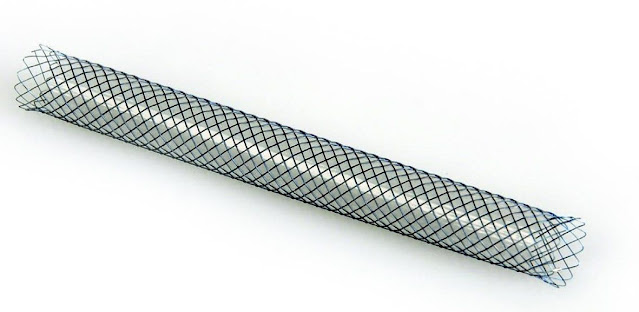Nitinol Medical Devices; Used To Treat Heart Diseases
 |
| Nitinol Medical Devices |
Nitinol Medical Devices are a
category of clinical implants that are utilized to cure cardiovascular disorders.
As per NIH, around 1 to 2 million people suffer from heart diseases in Japan.
These medical devices are designed from nitinol, which is a kind of
shape-memory metal created of nickel and titanium. This ideal class of alloy
has the features of super elasticity and huge damping ability, which make it appropriate
for several varied medical uses. Medical nitinol is frequently utilized to design
stents, which are framework-based structures that assist and grasp open blood
vessels.
Nitinol’s
shape-memory features enable it to be flattened into a small size that can fix
inside a tube for delivery. Once in the body, it can further increase to its proper
shape. Nitinol
Medical Devices is also essential for controlling guidewires
and tubes through these processes, due to its flexible nature. Because of the increasing
occurrence of heart disorders, necessity for nitinol-based stents and other nitinol
medical devices is increasing across the globe.
This
is particularly true in emerging economies with well-established healthcare organization
and a vast population of middle-aged and geriatric people. Apart from the efficiency
of nitinol in medical usage, there are still several limitations. These consist
a lack of understanding regarding the fatigue machineries, multiaxial material actions,
descriptive substance constitutive laws, and efficient computational procedures.
A vast
number of Nitinol Medical Devices need
potential substances, however also ones that are stretchy and robust. Nitinol’s
tractability enables it to imitate to the design of an object, making it unique
for equipment such as stents that assist or hold open blood vessels. The
alloy’s super elasticity, tension hysteresis, and kink resistivity all make it
an exceptional choice for this use. Other essential property of nitinol is its erosion
resistivity.
Stainless
steel is an extreme choice for several clinical uses, however it is prone to erosion
while it is open to moist environments. Nitinol Medical Device is less effective
to rust and can be utilized ample of times in wet surroundings without being destroyed.
Apart from the obvious usage of stents, other uses that take benefit of the
alloy’s superelasticity consist guide wires that are employed to route tubes
into unreachable parts of the body. These nitinol medical devices are usually
subjected to huge mechanical forces, such as bending, axial firmness, crushing,
and winding. Nitinol Medical Devices
is also an exceptional choice for dental and orthodontia uses, such as the
archwires that aid shift teeth. These wires are capable of being compressed to
a tiny size for inoculation into the mouth, however then increase to their real
shape while they meet temperature in the individual’s mouth or stomach. This is
a process of the alloy’s shape memory features.



Comments
Post a Comment